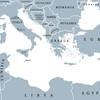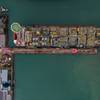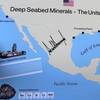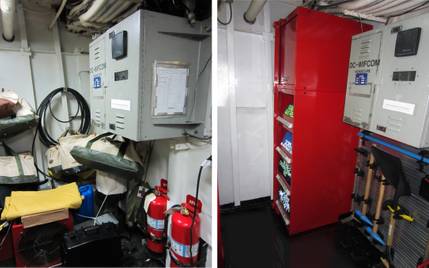International Maritime Organization (IMO)'s Marine Safety Committee (MSC) adopted amendments to SOLAS2020 that raise the damage stability requirements for passenger vessels in the event of flooding caused by a collision.
These changes used as a basis a series of EU and European Maritime Safety Agency (EMSA) funded cooperative research projects conducted by academics, shipyards, ship operators, owners, classification societies and ship design consultants over several decades.
“To their great credit, the funding and support provided by the EU and EMSA have enabled a research effort into safety that would otherwise not have been possible,” says Knut Ørbeck-Nilssen, CEO of DNV GL – Maritime. “This has resulted in a significant reduction of risk in the future transport of passengers at sea.”
The amendments raise the ‘required index R’, the damage stability requirement representing the ship’s capability to remain stable and afloat in the event of flooding after a collision. The requirement is based on a probabilistic damage stability methodology for passenger ships that was developed in the partially EU funded research project HARDER and mandated in SOLAS2009.
“The EMSA III study brought together industry experts from throughout the passenger, RoRo and cruise ship sectors. Following the principles of the IMO Formal Safety Assessment (FSA), their expertise produced reliable and cost-efficient recommendations. The study became a reference point from which the experts at IMO agreed a compromise solution on this very important subject,” explains Markku Mylly, EMSA’s Executive Director.
Since 1995, new IMO regulations must pass a Formal Safety Assessment (FSA) before adoption. This risk-based approach ensures that new regulations are transparent, fact-based, and raise safety cost-effectively. In the partially EU funded research project SAFEDOR, FSAs were developed for several ship types and submitted to IMO. The results indicated that damage stability requirements could be raised cost-effectively for both RoPax and cruise ships.
“Damage stability requirements are perhaps one of the most extensively researched subjects using FSA,” says Rolf Skjong, Chief Scientist at DNV GL – Maritime. “DNV GL has participated in and coordinated several of these early projects and it is very encouraging to see that the rationale in the FSA process helps to improve safety. The adoption of the new requirements marks the implementation of 20 years of research from many stakeholders working cooperatively to make our industry safer.”











